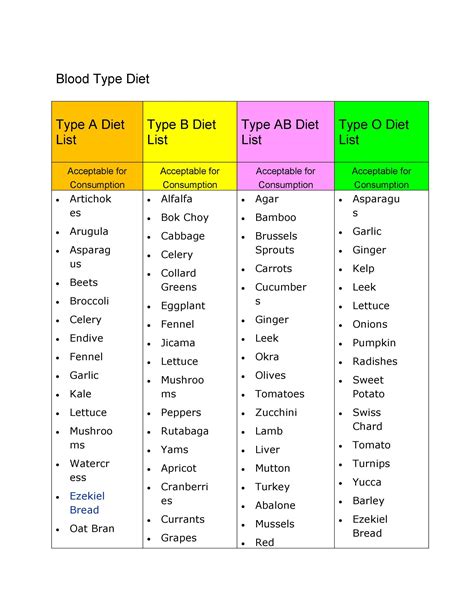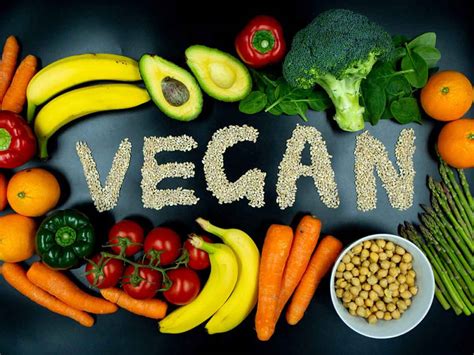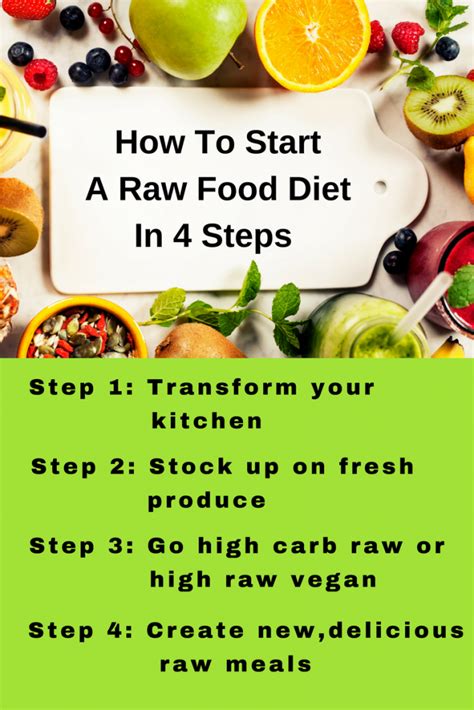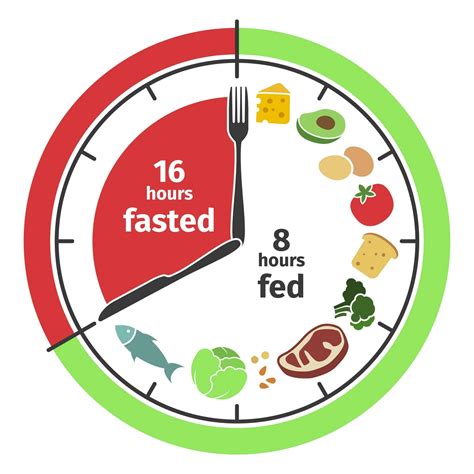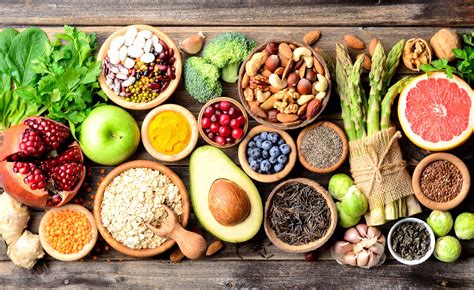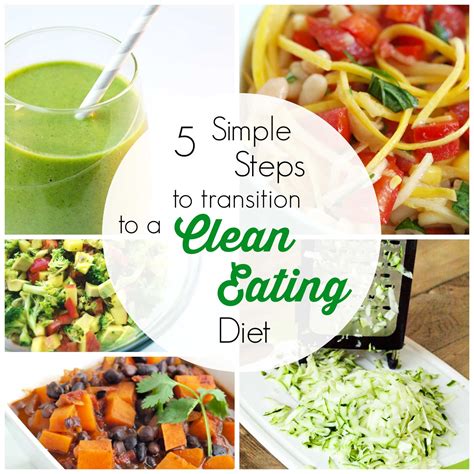Discover the definition, benefits, types, and results of a liquid diet, and learn how to follow it for effective weight management and health improvement.
Definition of Liquid Diet
Contents
Liquid diet is a type of diet that involves consuming only fluids or foods that turn into liquid at room temperature. This means that individuals on a liquid diet are restricted from consuming solid foods. The purpose of a liquid diet may vary, including medical reasons, weight loss, or as a preparation for medical procedures. A liquid diet typically consists of clear liquids such as water, broth, and gelatin, as well as thicker fluids like milk, yogurt, and fruit juices.
People may opt for a liquid diet for various reasons, such as needing to rest the digestive system, lose weight, or manage certain medical conditions. Some individuals may also follow a liquid diet as a way to detoxify their bodies, although the effectiveness of this practice is still controversial. Liquid diets are often prescribed under medical supervision and for a specific duration to avoid nutritional deficiencies and health risks.
It is important to note that there are different types of liquid diets, ranging from full liquid diets, which include all liquids and liquid foods, to clear liquid diets, which only include transparent liquids. Some individuals may also choose to incorporate protein shakes or meal replacement beverages into their liquid diet to ensure they are still receiving essential nutrients.
Individuals who are considering following a liquid diet should consult with a healthcare professional or a registered dietitian to ensure that their nutritional needs are met. It is crucial to understand the potential risks and benefits of a liquid diet before making any significant changes to one’s eating habits.
Benefits of Liquid Diet
A liquid diet is a diet that consists of consuming only liquids, or foods that turn into liquids at room temperature. There are many potential benefits to following a liquid diet. One of the main benefits is weight loss. Liquid diets are often used for short periods of time to help individuals lose weight quickly. By consuming only liquids, individuals are able to drastically reduce their calorie intake, leading to rapid weight loss.
Another benefit of a liquid diet is improved digestion. Liquids are easier for the body to digest compared to solid foods. This can provide relief for individuals with digestive issues or those recovering from surgery. Additionally, a liquid diet can be a good way to detoxify the body. By consuming nutrient-dense liquid foods such as vegetable juices and broths, individuals can help to cleanse their system and rid the body of toxins.
Furthermore, a liquid diet can provide a convenient way to boost nutrient intake. Many liquid diet plans incorporate various fruits, vegetables, and healthy fats, providing the body with essential vitamins and minerals. This can be especially beneficial for individuals who struggle to consume an adequate amount of fruits and vegetables in their regular diet.
It’s important to note that while there are potential benefits to a liquid diet, it’s not suitable for everyone. Individuals should consult with a healthcare professional before beginning a liquid diet to ensure it is safe and appropriate for their individual needs. It’s also important to remember that liquid diets are intended for short-term use and should not be used as a long-term solution for weight management or overall health.
Types of Liquid Diet
Types of Liquid Diet
A liquid diet is a dietary plan that involves consuming only liquids, or foods that turn into a liquid at room temperature. There are various types of liquid diets that are designed for different purposes, such as weight loss, medical reasons, or digestive health.
One type of liquid diet is the clear liquid diet, which consists of clear liquids such as water, broth, and plain gelatin. This type of diet is often recommended for medical procedures, such as before a colonoscopy, to ensure that the digestive system is free of any solid foods.
Another type is the full liquid diet, which includes both clear liquids and opaque or creamy liquids, such as milk, yogurt, and soups. This type of liquid diet may be recommended for individuals who have difficulty chewing or swallowing solid foods, or for those who have undergone dental or jaw surgery.
Some individuals may also follow a protein shake diet, which involves consuming protein shakes as meal replacements. These shakes are usually made with protein powder, milk or water, and other ingredients such as fruits and vegetables. This type of liquid diet is often used by individuals who are looking to build muscle or lose weight.
It is important to note that while liquid diets may be effective for certain purposes, they should always be followed under the guidance of a healthcare professional, as they may not provide all the necessary nutrients for long-term health and well-being.
How to Follow Liquid Diet
When following a liquid diet, it is important to understand the guidelines and restrictions in order to achieve the desired results. First, it is crucial to consult with a healthcare professional before starting a liquid diet, as they can provide personalized recommendations and ensure that it is safe for your individual health needs.
Next, it is important to choose the right types of liquid to consume during the diet. This may include clear broths, vegetable juices, and smoothies. It is important to avoid consuming sugary drinks and high-calorie liquids, as these can hinder the progress of the diet.
Another important aspect of following a liquid diet is to stay hydrated by drinking plenty of water throughout the day. Water helps to flush out toxins from the body and keeps you feeling satisfied, which can help prevent cravings for solid foods.
In addition, it is important to monitor your progress during the liquid diet and make adjustments as needed. This may involve tracking your weight loss, energy levels, and any changes in your overall health. By keeping a record of your progress, you can make informed decisions about how to continue with the diet.
Lastly, it is crucial to slowly transition back to solid foods after completing the liquid diet. This should be done gradually, starting with easily digestible foods such as steamed vegetables and lean proteins. It is important to continue monitoring your food intake and make healthy choices to maintain the results of the liquid diet.
Results of Liquid Diet
So, what are the results of following a liquid diet? Liquid diets can lead to a number of outcomes, both positive and negative. One of the main results of a liquid diet is weight loss. By consuming liquid meals, individuals may be able to reduce their calorie intake and shed excess pounds. This can be particularly beneficial for those looking to jumpstart their weight loss journey or for individuals needing to lose weight quickly for medical reasons.
Another result of a liquid diet is improved digestive health. Liquid diets can give the digestive system a break from processing solid foods, potentially leading to improved digestion and reduced bloating or discomfort. Furthermore, liquid diets may also rehydrate the body, leading to better overall hydration levels.
However, it’s important to note that a liquid diet can also have negative results. Some individuals may experience muscle loss when following a liquid diet for an extended period of time, as they may not be consuming enough protein to support muscle mass. Additionally, liquid diets may not provide all the essential nutrients and vitamins that the body needs, leading to potential nutritional deficiencies if followed for too long.
In conclusion, the results of a liquid diet can vary from weight loss and improved digestive health to potential muscle loss and nutritional deficiencies. It’s important to carefully consider the potential outcomes of a liquid diet and to consult with a healthcare professional before making any significant dietary changes.


